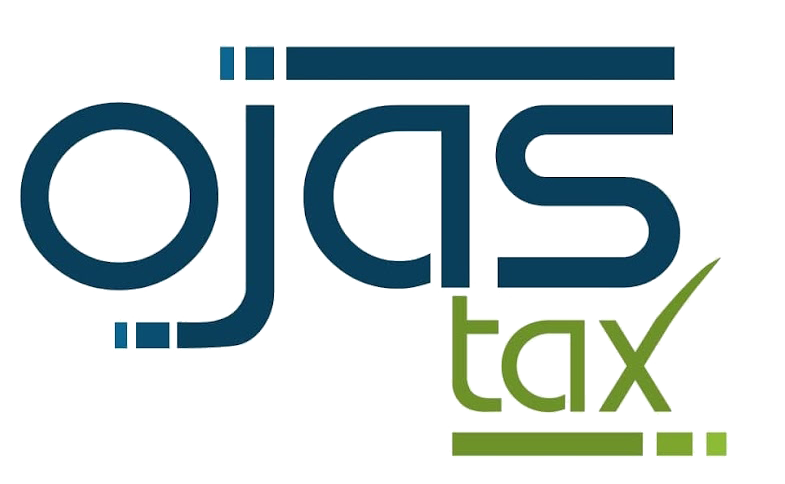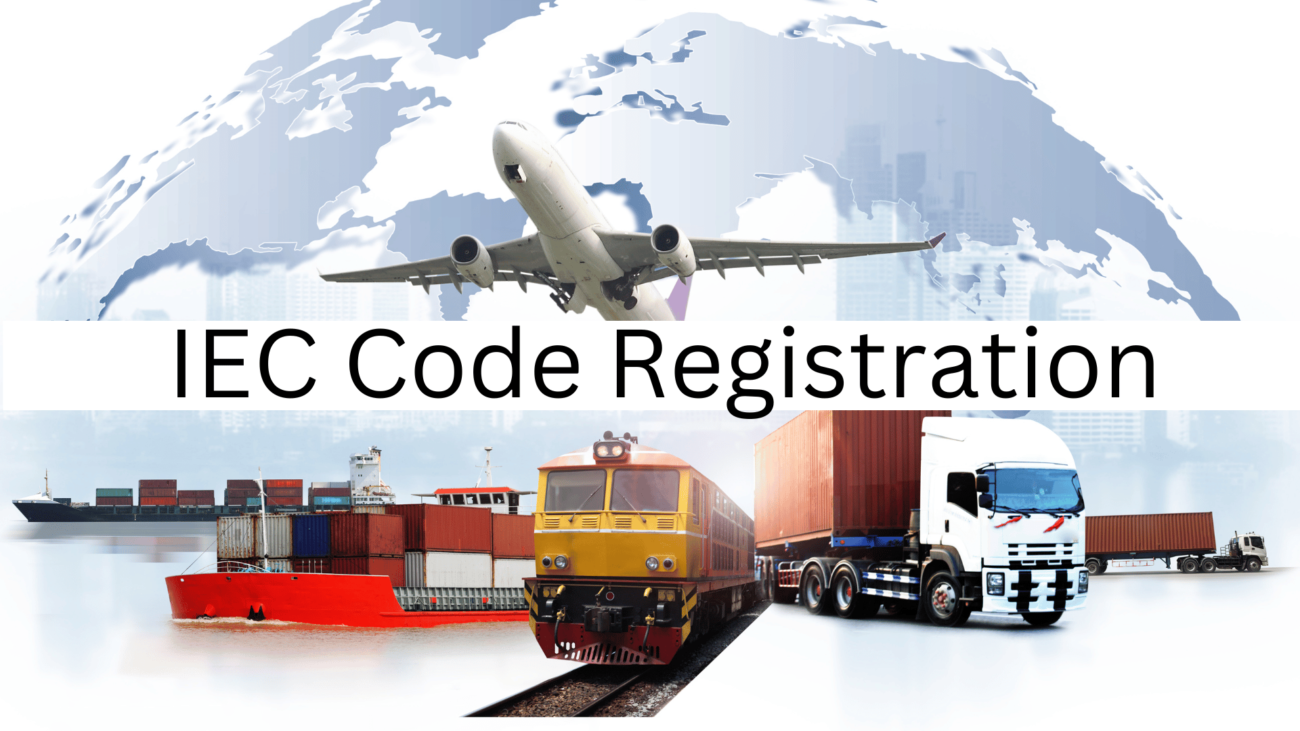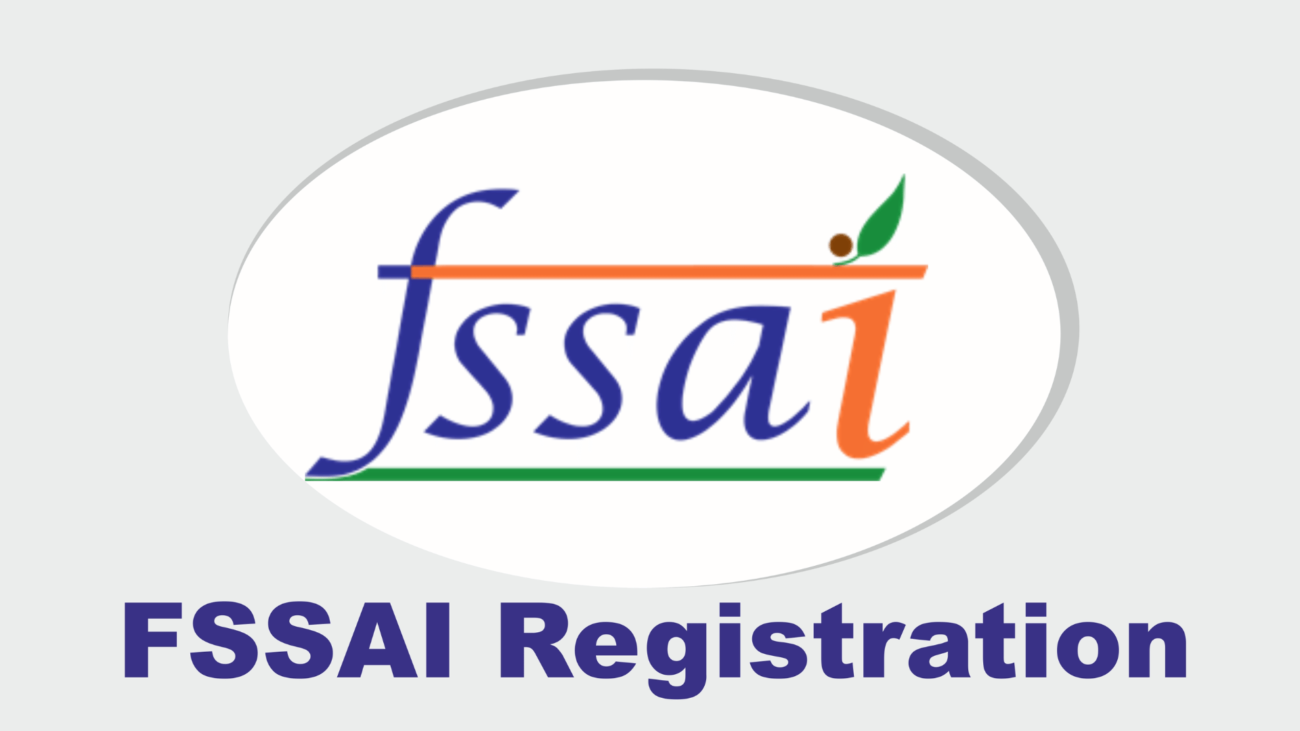The Import Export Code (IEC) is a critical requirement for individuals or businesses planning to start an import or export venture in India. This unique identification number, issued by the Directorate General of Foreign Trade (DGFT), serves as an essential gateway for conducting international trade. The IEC code is not only a regulatory mandate but also a key tool that facilitates smooth cross-border trade operations.
Obtaining an IEC code is the first step for any entity looking to engage in importing goods into India or exporting products from the country. This registration process involves submitting an application along with necessary documents to the DGFT, which, upon review, grants the IEC code. The code is a permanent and non-transferable number that is valid for the lifetime of the business, provided it continues to operate within the legal framework and adheres to compliance requirements.
The IEC code acts as a crucial identification number, allowing businesses to legally engage in import and export activities. For importers, the code is used to clear goods through customs, ensuring that all necessary duties and taxes are paid and that the goods comply with Indian regulations. Similarly, for exporters, the IEC code is required to process shipments and receive export benefits, such as rebates and incentives, which are often provided by the government to support international trade.
In addition to facilitating legal trade, the IEC code plays a significant role in streamlining trade operations. It helps in the efficient processing of documentation, such as shipping bills and export declarations, and is essential for the smooth functioning of trade transactions. This efficiency reduces delays and administrative burdens, ensuring that businesses can focus on expanding their market reach and developing their international trade strategy.
Moreover, having an IEC code enhances a business’s credibility and reliability in the global market. It signals to international partners and customers that the business is officially registered and compliant with Indian trade regulations, fostering trust and facilitating smoother trade relationships.
Overall, the IEC code is an indispensable component for anyone entering the import/export sector in India. It not only ensures compliance with legal requirements but also facilitates efficient and effective international trade operations, supporting the growth and success of businesses in the global marketplace.










